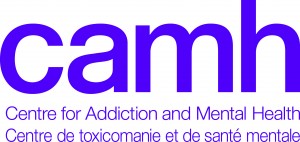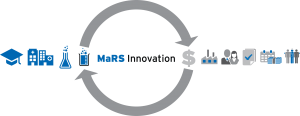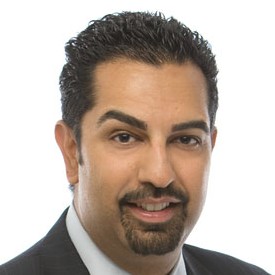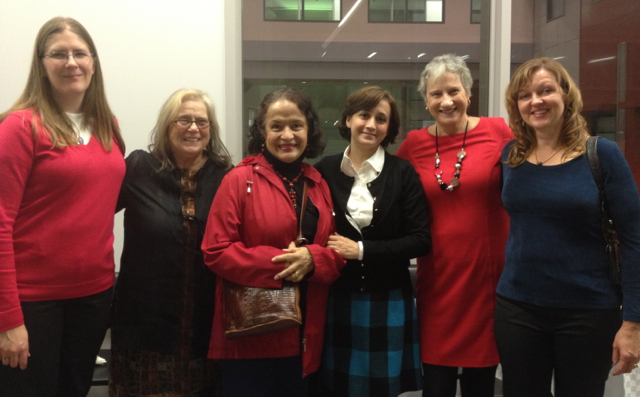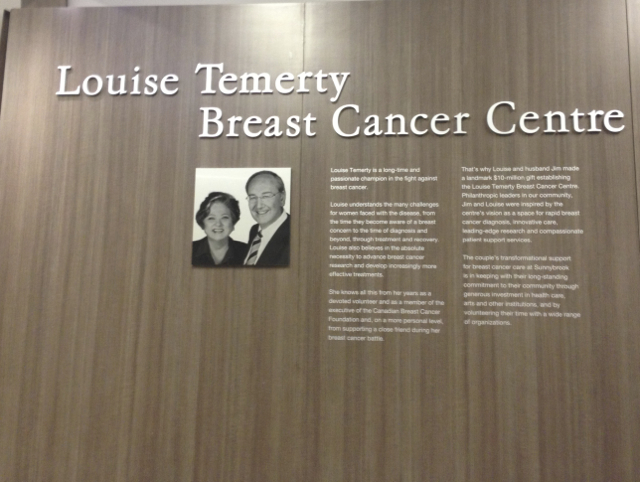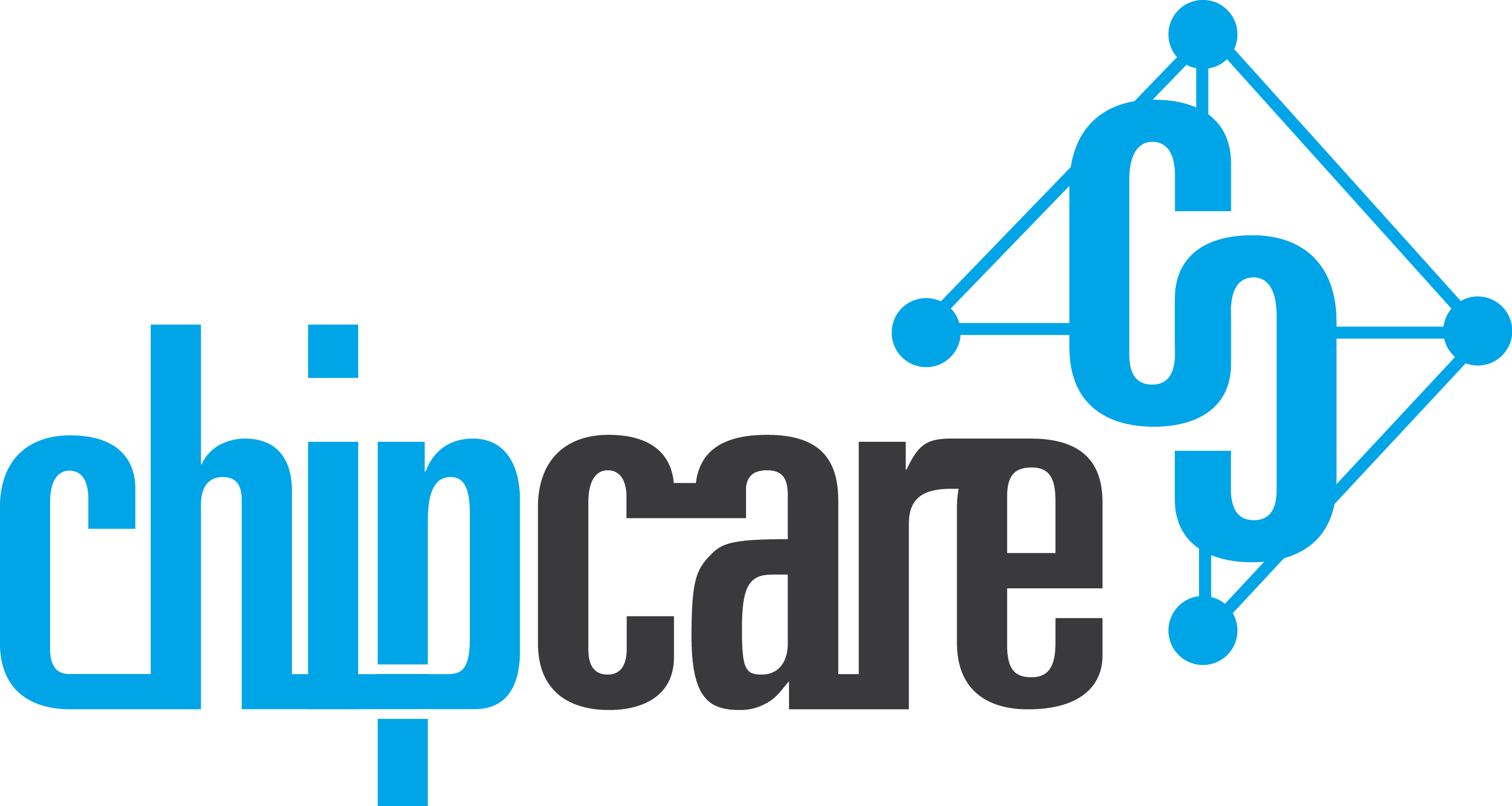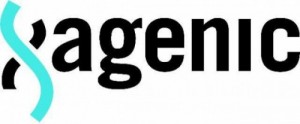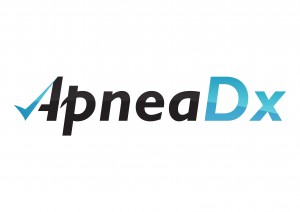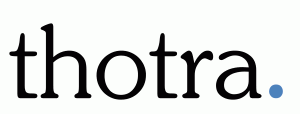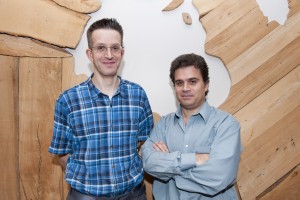Simple test could replace surgery to diagnose male infertility
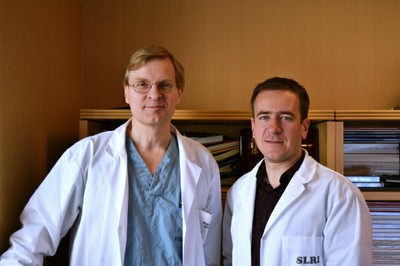
Mount Sinai’s Lunenfeld-Tanenbaum Research Institute has developed a new test that could make a big difference to men facing infertility.
A study published in a leading international journal, Science Translational Medicine, details the discovery of a key biomarker that can pinpoint the cause of infertility without the need for invasive surgery.
This story was covered by BBC News, ABC News’s “PM” with Mark Colvin, CTV News, CBC News, The Toronto Star, Globe and Mail, Ottawa Citizen and the Calgary Herald.
About half a million Canadian men are infertile, according to clinician-research Dr. Keith Jarvi. As a urologist who treats men with infertility, he knows how valuable this simple, inexpensive test could be. “Testing a semen sample can be done in the doctor’s clinic as it’s noninvasive and much easier for the patient than surgery,” he says.
Dr. Jarvi directs the Murray Koffler Urologic Wellness Centre, is head of Urology, and associate scientist at the Lunenfeld-Tanenbaum Research Institute. He is a professor of Surgery at University of Toronto.
MaRS Innovation, which commercializes discoveries made by University of Toronto hospitals and research institutes, is already working on the project, which Jarvi believes may lead to commercial tests within the next couple of years. [For more information, contact Barry Elkind].

